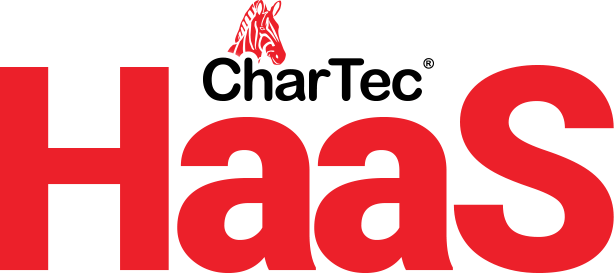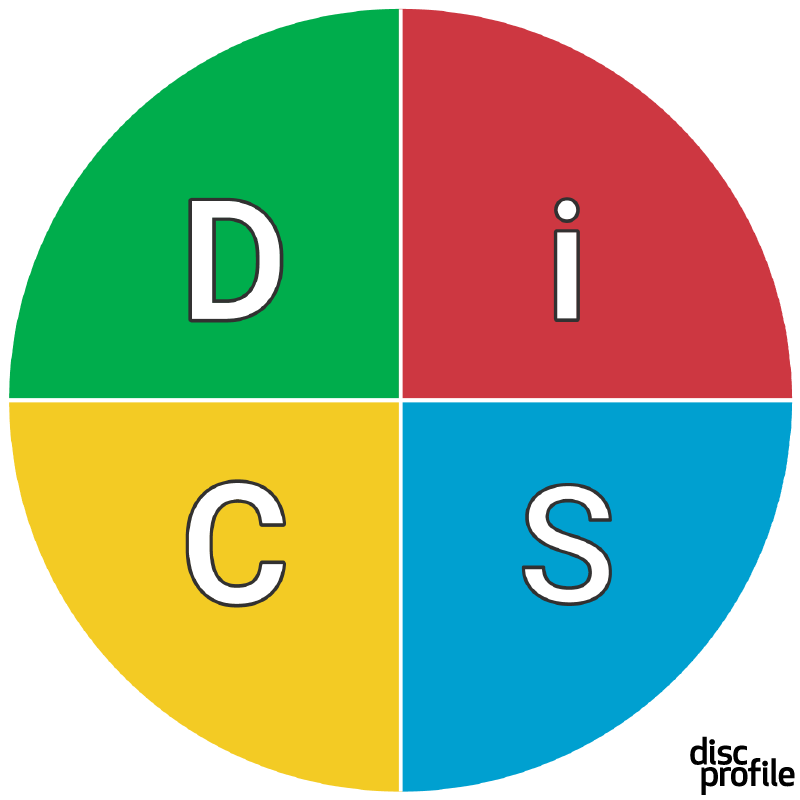Another healthcare giant just got hit—and it could easily happen to one of your clients.
On May 20, 2025, Kettering Health, a massive healthcare network in Ohio, suffered one of the worst ransomware attacks the industry has seen in years. The Interlock ransomware group took down digital systems across 14 hospitals and 120+ outpatient facilities—crippling patient care, leaking sensitive data, and leaving healthcare professionals scrambling.
If you support healthcare clients—or are thinking about getting into this space—you need to pay attention. Attacks like this are happening more often and with bigger consequences. Here’s what happened at Kettering, why it matters to you, and what you can do about it.
What Happened at Kettering
When the attack hit, it wasn’t just IT that went offline—healthcare itself went analog:
- 14 hospitals affected
- 120+ outpatient centers impacted
- Thousands of procedures canceled—even for life-threatening illnesses
- Electronic Health Records (EHR) fully shut down for nearly two weeks
- Emergency departments forced to work without digital tools
- Radiation oncology treatments disrupted for cancer patients
- 941 GB of sensitive data dumped on the dark web
By early June, Kettering confirmed that over 732,000 files were stolen—including bank reports, payroll data, insurance docs, patient records, and even personal IDs.
This wasn’t a random “spray and pray” attack. It was a calculated takedown of a life-critical healthcare system.
Who’s Behind It?
The attack was carried out by Interlock, a ransomware group that’s made healthcare one of its primary targets.
Interlock follows the now-common double extortion playbook:
- Break into the network (often via social engineering or phishing)
- Move laterally and steal data
- Encrypt critical systems
- Demand ransom—and if unpaid, release the data publicly
They’ve hit major healthcare players before. Now, they’re proving they can disrupt massive networks and hold sensitive patient data hostage.
Why This Should Matter to MSPs
If you’re an MSP in or targeting healthcare, this is a wake-up call. If you’re not focused on healthcare? You should still pay attention—healthcare is a vertical rich with opportunity and risk.
Here’s why the stakes are different in healthcare:
1. It’s About Lives, Not Just Data
In manufacturing, downtime might mean lost revenue. In healthcare, downtime can mean lost lives. Kettering’s attack delayed cancer treatments and forced ER teams to operate without EHRs.
2. The Compliance Burden is Huge
Healthcare orgs must comply with HIPAA, state privacy laws, and more. A cyber incident often triggers mandatory reporting, regulatory scrutiny, and fines.
3. The Threat Actors Are Persistent
Groups like Interlock don’t just cast a wide net. They identify high-value targets, spend weeks or months in a network, and launch carefully timed attacks.
How MSPs Can Prepare Their Healthcare Offerings
If you want to serve healthcare clients well—and grow in this space—here’s where to focus:
24/7/365 Monitoring Is Non-Negotiable
Ransomware groups don’t punch a clock. If your SOC or MDR capabilities can’t monitor healthcare networks around the clock, you’re leaving clients exposed.
Build Fast, Coordinated Incident Response
In healthcare, you can’t afford slow response. Develop playbooks specifically for healthcare environments, and be prepared to coordinate with hospital incident command teams.
Backup & Recovery Must Be Bulletproof
Traditional backups won’t cut it. Healthcare orgs need immutable backups and rapid recovery for critical systems. Aim for near-zero Recovery Time Objectives (RTO) where it matters most.
Architect for Compliance from Day One
You need to show not just technical chops, but compliance understanding. HIPAA, NIST frameworks, state privacy laws—know them, bake them into your offerings, and help clients document their posture.
Building a Managed Services Practice That Serves Healthcare Well
Want to move beyond being “just another MSP” and become a trusted healthcare security partner? Focus here:
Conduct Healthcare-Specific Risk Assessments
It’s not just about IT risk—you need to understand clinical workflows, connected medical devices, and patient safety.
Manage Vendor Risk
Healthcare relies heavily on third-party vendors. Help your clients assess and manage the risks those vendors introduce.
Tailor Security Awareness Training
Healthcare staff face targeted social engineering. Go beyond generic training—include examples healthcare workers will actually encounter.
The Business Case for Healthcare Cybersecurity
If you do this right, healthcare clients are some of the most valuable and loyal you can serve:
- Patient safety is on the line—they’ll pay for solutions that protect it.
- Regulatory risks are massive—you can help them mitigate exposure.
- Reputation is critical—a major breach can permanently damage public trust.
- Financial impact is huge—not just ransom payments, but lost revenue, fines, and recovery costs.
Bottom line? Healthcare orgs are motivated to invest in security—and they’ll pay well for partners who understand their world.
Key Takeaways
If you remember nothing else, remember this:
- Healthcare cybersecurity requires industry-specific expertise.
- Threat actors like Interlock are targeting healthcare aggressively.
- Business continuity must account for life-critical operations.
- Recovery is as important as prevention—be ready to restore fast.
- Compliance is table stakes—make it part of every engagement.
The Kettering attack reminds us that in healthcare, cybersecurity isn’t just about protecting data. It’s about protecting lives. If you’re ready to step into this space and do it right, there’s no shortage of demand—or opportunity.
The situation at Kettering is still evolving. MSPs should continue watching this story and use it as a case study to strengthen their healthcare security offerings.
Want to Start More Conversations With Healthcare Prospects?
In the wake of attacks like the one at Kettering Health, healthcare organizations are actively seeking trusted MSPs who understand their unique risks.
Want to put your name at the top of their list? We’ll help you do it.
Book a premium marketing discovery call with our team, and we’ll give you a complete, done-for-you email marketing campaign—designed to help MSPs like you start real conversations with healthcare prospects.
No cost. No catch. Just schedule the call.
You’ll walk away with:
✅ A full 5-email sequence, plus 2 blogs (crafted for healthcare decision-makers)
✅ Messaging that speaks to their unique pain points
✅ Proven tactics to turn leads into clients







